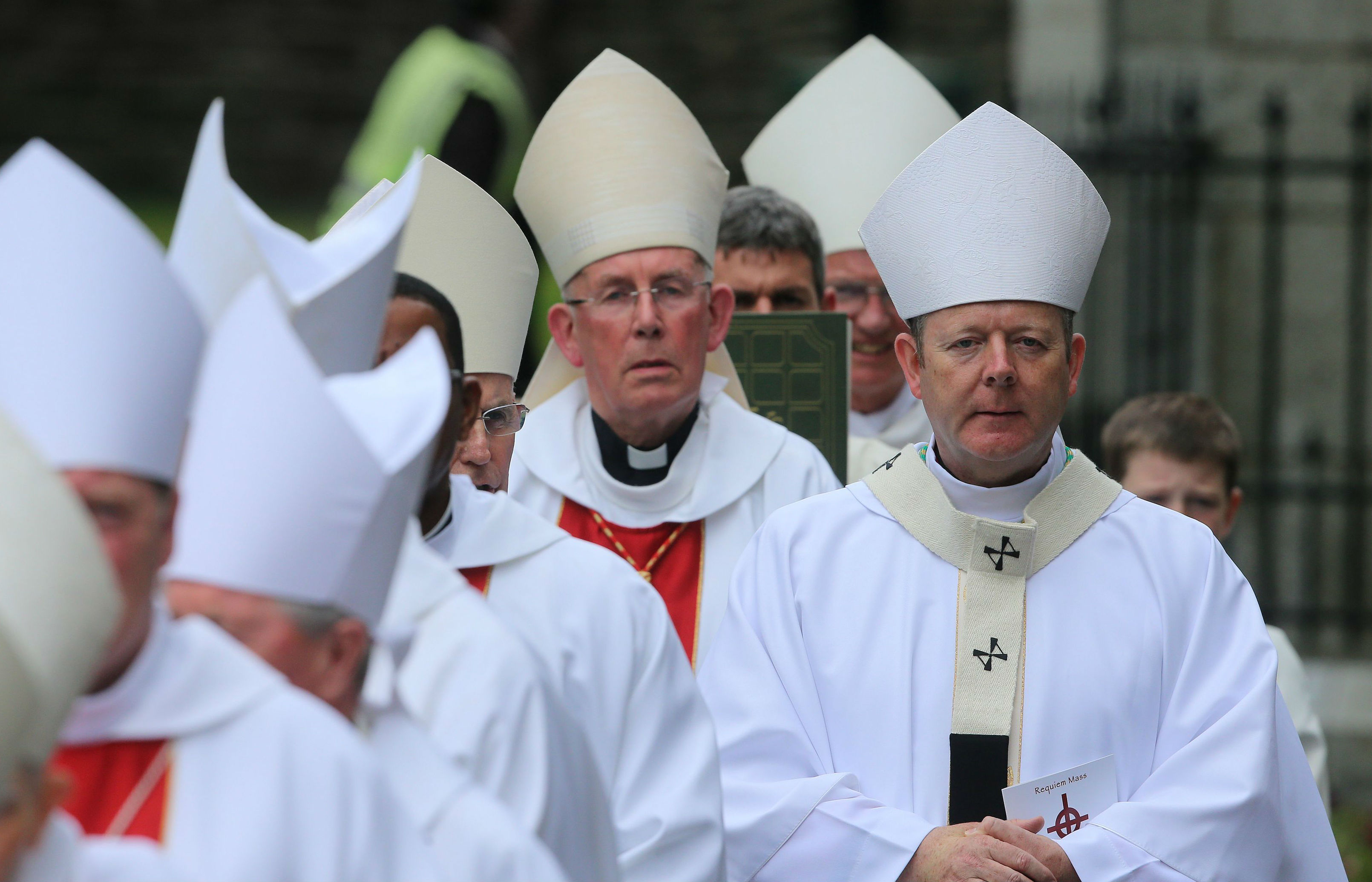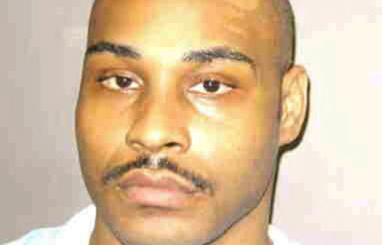As he was being executed by the state, the guilty thief turned to Christ and said, "Jesus, remember me when you come into your kingdom."
Those hopeful, repentant words were repeated in the opening song of an execution vigil held at historic St. Mary of Sorrows Church in Fairfax last Wednesday (18 January). Twelve people gathered in the church to pray for convicted murderer Ricky Jovan Gray, for his victims and for an end to the death penalty.
Miles away, Gray was preparing to die at the Greensville Correctional Center in southern Virginia. After being administered a lethal injection of midazolam, he died at 9.42 pm local time. The drug, which has led to botched executions in other states, is so controversial that Gov. Terry McAuliffe added an amendment to a death penalty bill that allowed the identity of companies that produce midazolam to remain secret.
Through the Virginia Catholic Conference, Arlington Bishop Michael F. Burbidge and Richmond Bishop Francis X. DiLorenzo condemned the killing, saying: "Knowing that the state can protect itself in ways other than through the death penalty, we have repeatedly asked that the practice be abandoned. Our broken world cries out for justice, not the additional violence or vengeance the death penalty will exact."
Gray's death makes 112 executions in Virginia since 1976, tying the state with Oklahoma for the second most executions in the country, according to Virginians for Alternatives to the Death Penalty. Texas is first. Six Virginia inmates remain on death row, though the state has not sentenced anyone to death in the past five years.
Gray was convicted for the murders of Bryan and Kathryn Harvey and their daughters, Stella and Ruby, during a home robbery in Richmond in 2006. He also was linked to several other murders. Gray's lawyers say he was physically and sexually abused as a child and started using drugs at a young age. They also believe he was high on the powerful hallucinogenic drug PCP, or phencyclidine, at the time he committed the murders.
In the face of all this ugliness, Carol Mayfield, director of parish social ministry at St. Mary of Sorrows, believes prayer is the only response. "Here, we are dealing with it in the only way we can," she told the Arlington Catholic Herald, newspaper of the Arlington Diocese. "It's very sad, but it is consoling and hopefully healing to all those for whom we pray."
For 17 years, parishioners have been praying on the night of executions. Betsy Pugin, who has participated since the beginning, said they have gathered 37 times for state and federal executions. Other religious and secular vigils were held throughout the state on the day of Gray's execution, including at St. John Neumann Church in Reston.
Because of the often horrific nature of the crimes, opposing the death penalty is difficult for many, even within the Catholic Church, acknowledged Mayfield. Still, she believes the taking of any human life is wrong. Pugin added, "Violence is the symptom, not the cure."
Maura McFadden, a graduate student at Divine Mercy University in Arlington, came to the vigil out of a respect for all life, innocent or guilty. "I think it's important to stretch your heart in terms of mercy, and events like this help."




 Loading ...
Loading ...